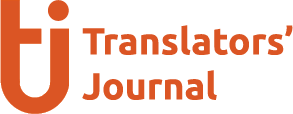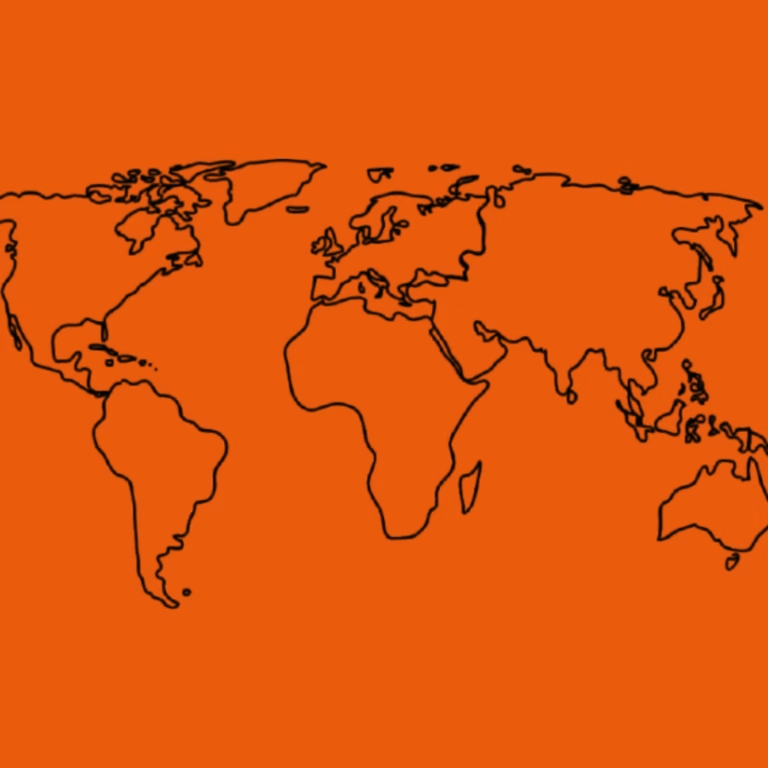Most freelance translators don’t work for clients. They work for brokers.
Agencies promise stability, convenience, and access to endless projects. But look closer, and you’ll see the invisible costs: lost autonomy, diluted pay, and an identity reduced to “language vendor.”
This isn’t just about money.
It’s about what it means to be a translator in a world run by middlemen. And in understanding this, we confront a deeper question: Who controls the joy of your work?
The Brokered System
A translation agency is not a client. It’s a filter.
Instead of meeting the business that needs your expertise, you meet a middle layer. The agency negotiates. The agency sets the rates. The agency decides the terms.
You—the translator—simply deliver.
For clients, this system appears efficient. They get a single point of contact for multiple languages, a uniform solution, and a sense of predictability. But for translators, the trade-off is stark: less freedom, less income, and less visibility.
Convenience for them. Commodity status for you.
How Agencies Took Control
Translation wasn’t always this way.
A century ago, most translators worked directly with clients. Relationships were built on trust and expertise.
Then globalization arrived. Corporations wanted standardized, scalable solutions. Agencies stepped in.
They imposed word counts. Per-word pricing. Rigid timelines.
And they made translators interchangeable.
Over time, the translator’s identity shifted from “language artist” to “service provider.” The role became industrialized.
Efficiency replaced humanity.
The Layered Trap
Here’s the part most freelancers don’t see:
Large agencies often subcontract to smaller agencies, who then subcontract again.
Each layer takes a cut.
By the time the project reaches you, the person actually doing the work, the budget has been sliced into fractions.
The result?
You don’t know the client. You don’t set the rates. And you carry the weight of responsibility without the benefits of accountability.
The Translator’s Identity Crisis
Translation is, at its core, an act of understanding—a bridge between cultures, ideas, and meanings. When this act is filtered through multiple layers, the translator’s identity is fractured.
Psychologically, repeated intermediary layers produce a subtle but persistent sense of invisibility. Your work is valued for its function, not its artistry. You are judged on speed and price, not insight.
This is the tension between craft and commodity: when words become products, the artist becomes invisible. When service is measured in minutes and cents, the intellectual labor behind every nuance is commoditized.
The hidden cost is not transactional—it is existential. It is a slow erosion of your sense of self as a creator, thinker, and human professional.
The Illusion of Security
If agency work is so limiting, why do freelancers stay?
It feels easier. There is no marketing, no networking, no uncomfortable negotiations. Projects arrive in a neat pipeline, offering a comforting sense of predictability.
It feels safer. Even at lower rates, there is work to be done, deadlines to meet, and income to count on.
It feels normal. “This is just how the industry works,” we tell ourselves, echoing the assumptions we inherit.
But security is an illusion. Agencies control the faucet. One lost contract, one AI update, or one strategic shift can evaporate months of income.
Be aware of the triad of dependency: Comfort. Control. Constraint. What appears as stability is often the quiet trap of stagnation and invisibility.
- Comfort feels safe.
- Control is limited.
- Constraint is invisible until it is too late.
AI as a Mirror
Agencies are adopting AI faster than freelancers.
Why?
They control the data. They feel the pressure to cut costs. They compete on being “tech-forward.”
For translators, this often means post-editing machine-generated output instead of creating original work. Deadlines get tighter. Rates sink lower.
AI is not just a technology—it exposes the structural imbalance between intermediaries and creators.
Agencies capture value at scale. Freelancers react at the margins.
It is a microcosm of broader professional landscapes, where knowledge work is increasingly filtered through entities that control the systems, rather than the people who execute the labor.
Breaking Free: The Entrepreneurial Mindset
Independence is not simply rejecting agencies outright. It’s about not being defined by them. It is reclaiming your identity, value, and power.
- Build a brand. Show your expertise online. Become known in a niche.
- Work with direct clients. Choose industries where trust matters more than speed.
- Use technology deliberately. Leverage CAT tools and AI to enhance your work, not dictate your workflow.
- Diversify. Expand into editing, consulting, SEO, or multilingual content strategy. Translation becomes not just words but insight, influence, and intellectual authority.
- Embrace freedom as a principle. Every choice made outside the agency system is a deliberate act of reclaiming control over your professional life.
The entrepreneurial mindset reframes translation from a transactional service to a knowledge practice. Your value is no longer measured by word count alone but by vision, influence, and expertise.
Community and Collective Power
Alone, a translator is invisible. Together, translators become a market force.
Cooperatives, associations, and collaborative networks restore bargaining power and visibility. They allow shared portfolios, co-branded projects, and niche networks that elevate collective authority.
Philosophically, community transforms dependency into leverage. It converts isolation into agency, and dispersed voices into a chorus that demands recognition. The hidden cost of working alone is invisibility; the reward of working together is amplified influence.
A Glimpse Into the Future
Translation is at a crossroads.
Agencies are consolidating. AI is accelerating. Global supply chains are tightening. Freelancers face a stark choice: remain dependent on middlemen or step into entrepreneurship, identity, and ownership.
The next decade may not just reshape translation—it may redefine what it means to be a translator. Subscription-based services, productized translation packages, and AI-human hybrid workflows will emerge. These shifts offer unprecedented opportunities for those willing to reclaim autonomy.
The question is no longer whether agencies will change. The question is whether translators will rise to meet the moment.
The Bigger Picture
This is about more than workflow or income. It is about professional sovereignty, about authorship over your work, about the dignity of expertise.
Agencies are designed to serve clients and brokers, not translators. That is history. But history is not destiny. The real cost is not the commission or the lost rate—it is the slow abdication of control over your professional life.
Freedom comes not from luck, but from deliberate action. Identity is not restored by circumstance; it is reclaimed through strategy, vision, and courage.
Translation is, at its core, a human act of understanding. To reclaim that act is to reclaim your profession—and yourself.
Bold Truth: The future of translation will be written by translators as content creators cum solo business owners who dare to reclaim their autonomy, who refuse to be intermediated out of existence, and who embrace the entrepreneurial, creative, and human aspects of their craft.
The question is simple. And urgent: Will you be one of them?
Are You Looking for Jobs in the Language Industry?
If you are looking for in-house jobs, you should check out Weekly Job Window.
Every week, we handpick in-house jobs for translators, interpreters, linguists, writers, editors, and localization professionals so you can stay updated without searching hundreds of listings spread across the internet.
You can access the latest jobs of the current week here. Feel free to bookmark it as well.
To get the full list every week to your inbox, subscribe.



